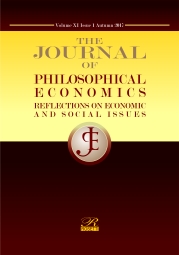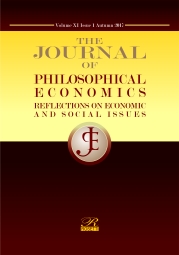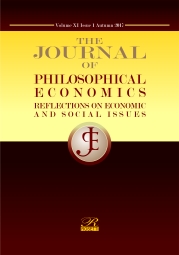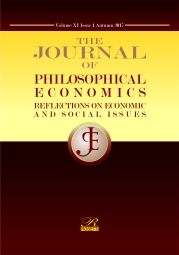
Modeling exogenous moral norms
This paper considers the possibility of a robust and general formulation of a model of choice for the representation of a variety of moral norms. It starts by reviewing several recent models of deontological (or rule-based) norms that retain the basic elements of the economic model of choice. It briefly examines the achievements and drawbacks of each model, and while no model is identified as the most accurate or robust, the most appealing aspects of each model contribute to the construction of a tout-ensemble utility function proposed in the final section. This representation of preferences aims to incorporate the most common qualities of both consequentialist and deontological moral norms in order to represent decision making under their influence.
More...


